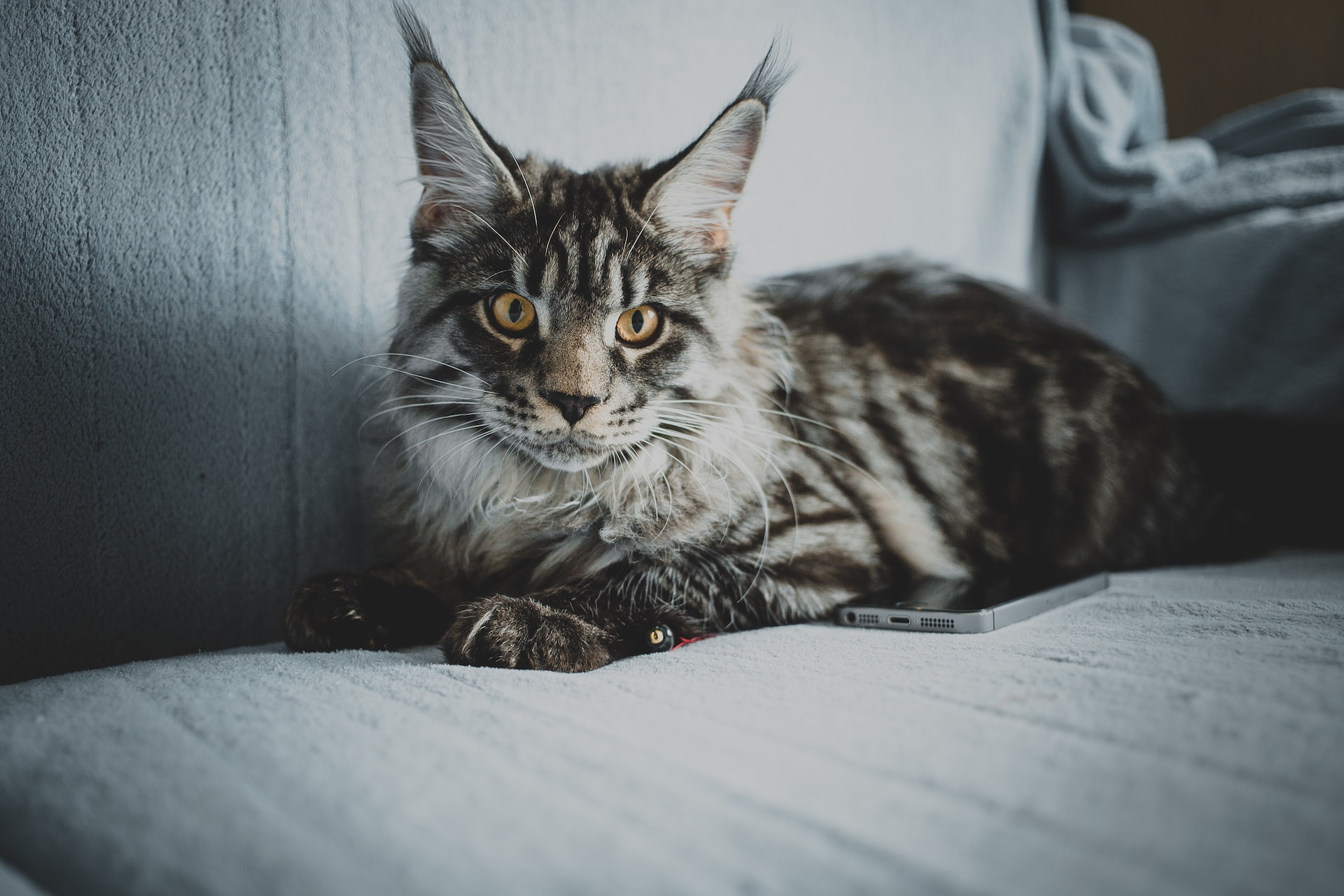When it comes to your pet’s health, few things cause more anxiety than unknown problems. While some diseases are relatively easy to spot, others can be difficult to recognize until they have progressed significantly.
Heart conditions often fall into the latter category, making it even more important to recognize them early on. While somewhat rare in dogs, hypertrophic cardiomyopathy (HCM) is the most common form of heart disease in domestic cats.
What Is Hypertrophic Cardiomyopathy?
Hypertrophic cardiomyopathy is a muscle disease that affects the left ventricle of the heart. In humans, HCM is caused by mutations in one of several sarcomere genes. The disease is thought to be genetic in animals as well. Hypertrophic cardiomyopathy has been linked to specific genetic mutations in Maine Coon and Ragdoll cats. Experts have not yet determined which genes cause the condition in dogs, however.
The disease is characterized by a thickening of the walls of the heart — specifically, in the left ventricle. This can lead to inadequate blood flow pushed out when the heart contracts. Similarly, when the heart relaxes between contractions, the amount of blood filling the chambers can also be impeded.
In most cases, animals with hypertrophic cardiomyopathy don’t display any symptoms, especially in the earlier stages of the disease. Some signs, such as labored panting and an irrhythmic heartbeat, may appear as things progress. In many cases, however, there are no outward signs of HCM until it ultimately leads to congestive heart failure.
Identifying and Managing Hypertrophic Cardiomyopathy in Pets
Because the symptoms of HCM can be so difficult to spot, diagnosis relies on tools like echocardiography and genetic testing. As we mentioned above, genetic testing for hypertrophic cardiomyopathy is still limited in animals, but certain breed-specific HCM testing kits are available.
If you do suspect that your pet may have early-stage HCM, lifestyle treatments like exercise restriction and a low-sodium diet can help prevent congestive heart failure.
In cases where your pet has already experienced left-sided congestive heart failure, medications can be prescribed to help manage the effects of advanced HCM. Diuretics and ACE inhibitors are common for both cats and dogs diagnosed with the condition. These drugs can improve oxygenation in the heart and bring down their heart rate, lowering the possibility of heart failure from hypertrophic cardiomyopathy.
Orivet Genetic Pet Care
If you’re concerned about unseen health conditions like hypertrophic cardiomyopathy, having your pet tested is absolutely essential to ensuring that you can provide them with the best possible care throughout their lives.
A leader in genetic testing for dogs and cats, Orivet offers a range of genetic services to owners, breeders, and veterinarians, including screening of genetic diseases, coat colors, traits, parentage confirmation, and much more. Whether you’re a first-time pet owner or a seasoned breeder, Orivet’s at-home testing kits provide a surefire way to better understand your pet’s breeding and lifestyle needs.
To learn more and see the full range of available testing kits, head to orivet.com.

